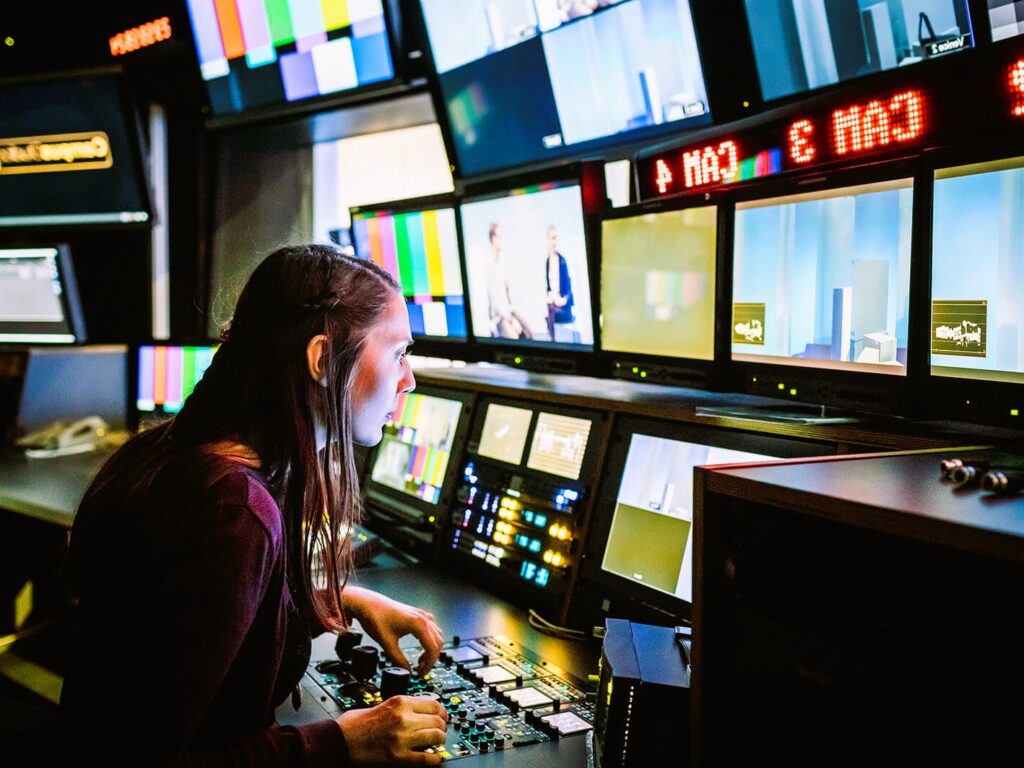
Radio broadcasting has been a cornerstone of mass communication for over a century, providing listeners with news, entertainment, and music from around the world. While the medium has evolved significantly since its inception, the future of radio holds even more exciting possibilities. In this article, we’ll explore some of the key trends and innovations shaping the future of radio broadcasting and how they’re revolutionizing the way we consume audio content.
Digital Transformation
One of the most significant trends shaping the future of radio is the digital transformation of the medium. Traditional AM/FM radio stations are increasingly embracing digital broadcasting technologies such as HD Radio, DAB (Digital Audio Broadcasting), and internet streaming to reach a wider audience and enhance audio quality. These digital platforms offer listeners greater choice, interactivity, and convenience, blurring the lines between traditional radio broadcasting and online streaming services.
Podcasting Revolution

The rise of podcasting has emerged as a disruptive force in the radio industry, offering listeners an alternative to traditional radio programming. Podcasts, which are on-demand audio programs available for streaming or download, cover a wide range of topics and genres, from news and politics to comedy and storytelling. With the proliferation of smartphones and smart speakers, podcasts have become increasingly accessible and popular, attracting millions of listeners worldwide. The future of radio broadcasting is likely to see continued growth in podcasting, with more radio stations producing their own podcasts and collaborating with independent creators to expand their content offerings.
Personalization and Interactivity
As technology advances, radio broadcasting is becoming more personalized and interactive than ever before. Digital radio platforms and streaming services use algorithms and machine learning to analyze listener preferences and behavior, delivering personalized recommendations and curated playlists tailored to individual tastes. Moreover, interactive features such as live chat, listener polls, and social media integration allow listeners to engage with radio programs in real-time, fostering a sense of community and participation. How artists use online platforms for promotion, read more in the article “Music and Social Networks.”
Emergence of Smart Speakers
The proliferation of smart speakers, such as Amazon Echo and Google Home, has transformed the way people consume radio content in their homes. These voice-activated devices allow users to access radio stations, podcasts, and streaming services with simple voice commands, making it easier than ever to listen to audio content while performing other tasks. Radio broadcasters are increasingly optimizing their content for smart speaker platforms, creating voice-activated experiences that cater to the preferences of modern listeners.
Integration of AI and Voice Technology

Artificial intelligence (AI) and voice recognition technology are playing an increasingly prominent role in radio broadcasting, enabling broadcasters to automate tasks, enhance content discovery, and improve listener experiences. AI-powered voice assistants, such as Siri and Alexa, can deliver personalized news updates, weather forecasts, and traffic reports, providing listeners with relevant information in real-time. Moreover, AI-driven content recommendation engines help radio stations identify trending topics and optimize programming to meet audience demands.
Conclusion
The future of radio broadcasting is bright and full of possibilities. As technology continues to evolve, radio broadcasters are embracing digital innovations, personalized experiences, and interactive platforms to engage with audiences in new and exciting ways. Whether through traditional AM/FM radio, digital streaming, or podcasting, radio remains a powerful medium for connecting people, sharing stories, and shaping culture. By staying at the forefront of technological advancements and embracing change, radio broadcasters can continue to thrive in the digital age.
For more information on broadcasting standards and best practices, you can refer to the following sources:
- Wikipedia: Radio Broadcasting



